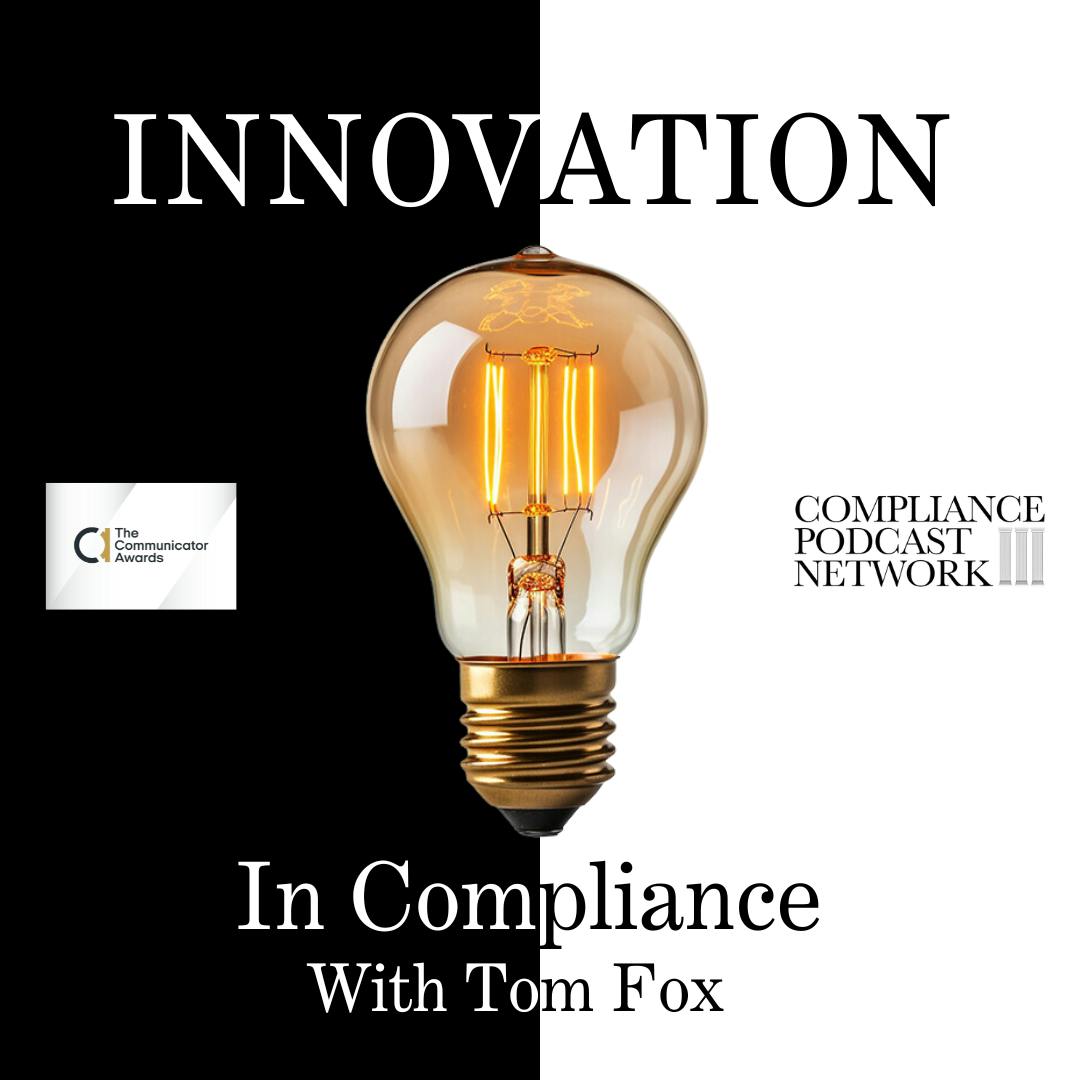Gamechanger 3- Make Learning Social
Description
There is not much I enjoy more than sitting down with one of the innovative thinkers in compliance, Carsten Tams to find out what is on his mind regarding compliance. I recently had the opportunity to do so on the topic of making compliance training memorable. Over this short five-part series we will introduce the problem and challenges and then provide you with four proven strategies for success in your compliance training. In this Episode 4, we discuss making learning social and collaborative so that learners work together to search for understanding, meaning, or solutions.
Social learning refers to learning with each other, from each other, and about each other. Social Learning Theory tells us that a lot of learning consist of observing and emulating others. Collaborative learning also affords participants with the opportunity to gain unique insights and skills. Cooperative learning allows participants to develop their social-emotional and interpersonal skills. They can practice ethical voice, simply by discussing an ethical situation with each other.
Tom and Carsten explore the concept of social learning, referencing theories by Lev Vygotsky on social constructivism and Albert Bandura on vicarious learning and self-efficacy, to explain how behaviors and ethical values are acquired through social interaction. They emphasize that learning ethics and compliance can be more effective in a social context, whether it is through discussing ethical dilemmas, observing others' behaviors, or learning from shared experiences. The dialogue also touches on the importance of building social capital through ethical discussions, which helps in crafting solutions to ethical challenges as a team. Furthermore, they argue that every aspect of work has an ethical dimension and that recognizing the ethical implications of seemingly minute actions can significantly contribute to an organization's ethical resilience. The episode concludes with anticipation for the next episode focusing on making compliance training fun.
Highlights and Key Issues Discussed
· Introduction to Social Learning in Ethics and Compliance
· Exploring Social Learning Theory
· The Impact of Social Learning on Ethical Behavior
· Social Learning's Role in Organizational Culture
· Practical Examples of Social Learning in Action
· Deep Dive into Safety and Ethics in the Workplace
Resources
Articles and Books
· Boyd, R., Richerson, P. J., & Henrich, J. (2011). The cultural niche: Why social learning is essential for human adaptation. Proceedings of the National Academy of Sciences, 108(Supplement_2), 10918–10925. doi:10.1073/pnas.1100290108
· Reed, M., Evely, A. C., Cundill, G., Fazey, I., Glass, J., Laing, A., Newig, J., Parrish, B., Prell, C., Raymond, C., & Stringer, L. C. (2010). What is social learning? Ecology and Society, 15(4), [r1].
· Marjan Laal, Seyed Mohammad Ghodsi, Benefits of collaborative learning, Procedia - Social and Behavioral Sciences, Volume 31, 2012, Pages 486-490, ISSN 1877-0428, https://doi.org/10.1016/j.sbspro.2011.12.091.
· Bandura, A. (1977). Social learning theory. Englewood Cliffs, NJ: Prentice Hall.
· Bauman, Z. (2000). Special essay. Am I my brother’s keeper? European Journal of Social Work, 3(1), 5–11. doi:10.1080/714052807
Carsten Tams on LinkedIn
Emagence Consulting
Tom Fox
Instagram
Facebook
YouTube
Twitter
LinkedIn
More Episodes
Innovation comes in many forms, and compliance professionals need to be ready for it and embrace it. Join Tom Fox, the Voice of Compliance, as he visits with top innovative minds, thinkers, and creators in the award-winning Innovation in Compliance podcast. In this episode, host Tom Fox is joined...
Published 11/19/24
Innovation comes in many areas, and compliance professionals must be ready for and embrace it. Join Tom Fox, the Voice of Compliance, as he visits with top innovative minds, thinkers, and creators in the award-winning Innovation in Compliance podcast. Host Tom Fox takes things differently in this...
Published 11/12/24
Published 11/12/24


